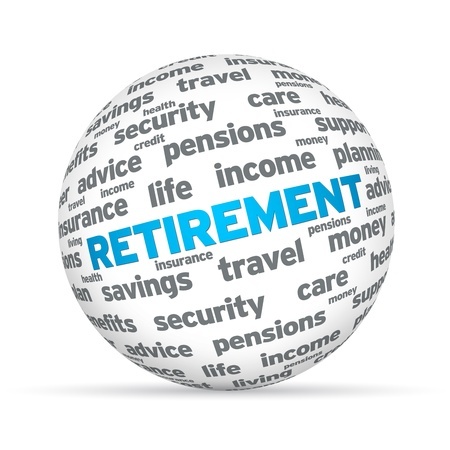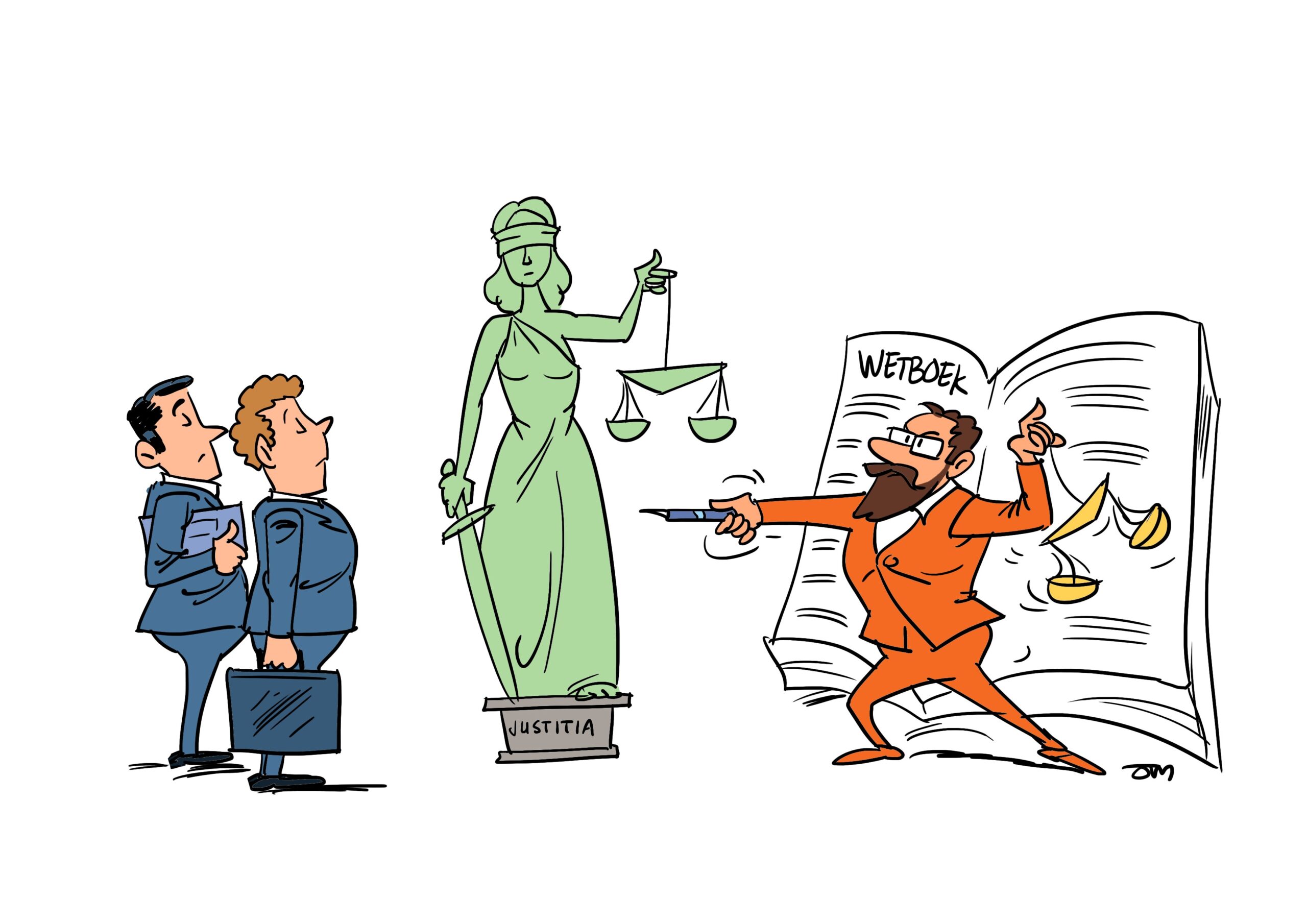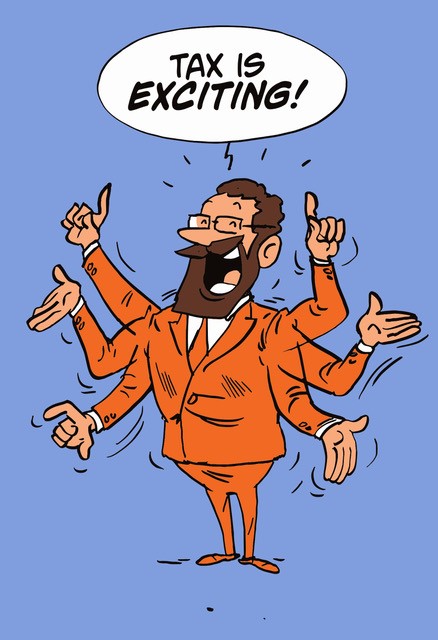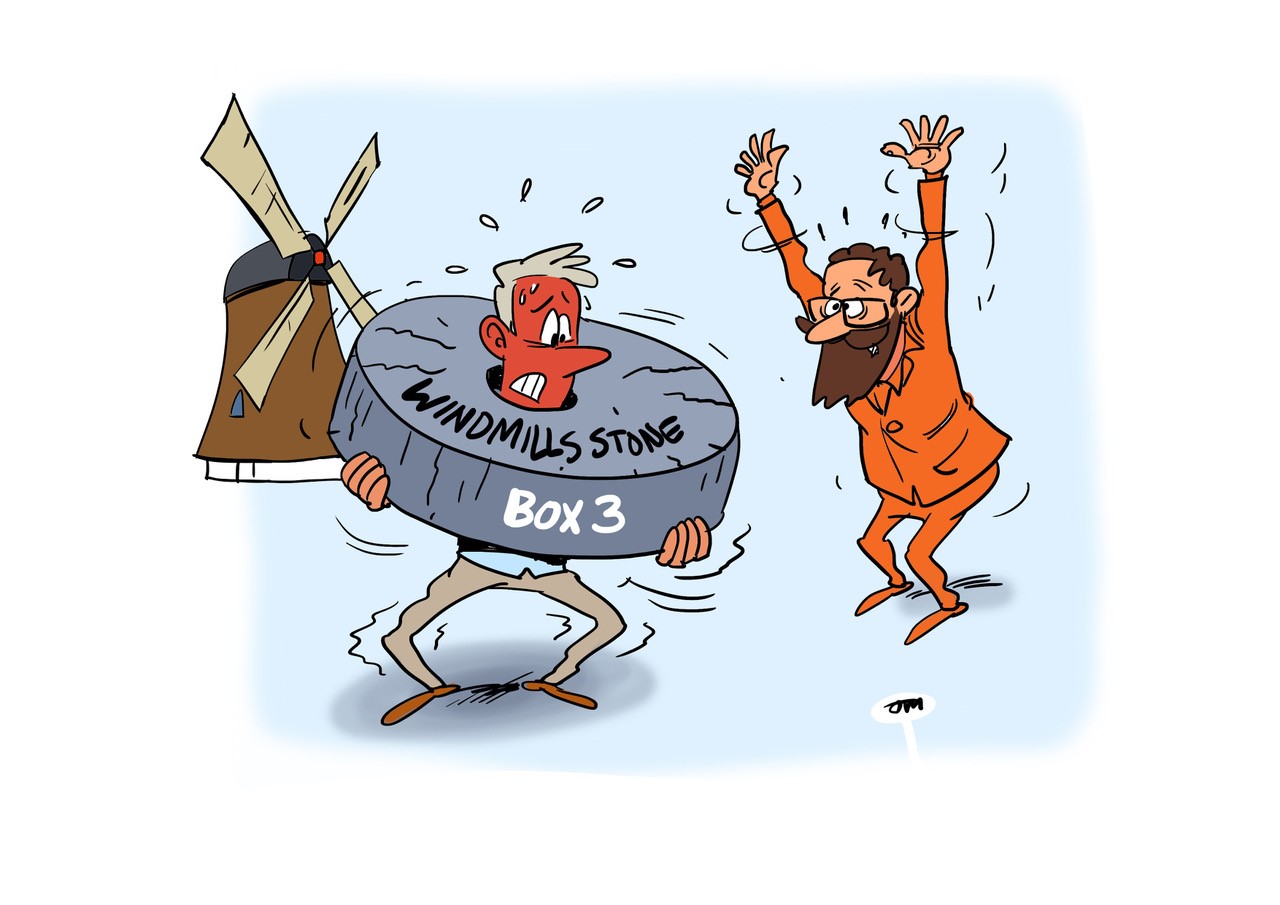A BV company is a limited liability vehicle that has its own legal position. This enables the situation where the shareholder can build up in his BV company a pension right. This pension right was initially heaven but has turned into hell. The gates have now almost been opened to release this pension situation.
Pension reserve in BV – how does it work?
Employees have the possibility to setup a pension scheme. This pension is build up over the years and then paid out at the pension date. The contributions made to the pension scheme are tax deductible and the benefits will be taxed. The thought is also that when you reached the pension age, the tax rates will be lower than when you make the deductible contributions. So there is a marginal tax advantage as well.
The downside with a regular employee is that when this employee dies before the pension age, the pension insurance company made a profit. Or if the employee dies soon after he started to enjoy the pension benefits, the pension insurance company still made a substantial profit.
The shareholder managing director is obliged to have a salary from the BV company. This makes him an employee. That enables this employee to set up a pension insurance and if certain criteria are being met, this pension scheme can be set up in the BV company of this shareholder.

Initially there were only upsides. The contributions made to this pension scheme were tax deductible often against the highest tax rate (52%). The BV company is obliged to have the fiscal value of the pension right increase with at least 4% per year, but in the old days the bank interest over the build up pension capital exceeded easily the 4%, hence a profit was made on the pension build up in the BV was made as well.
Pension reserve in BV – downside
There were some tricks to cash out the pension build up without paying the corresponding tax, hence the rules have been changed dramatically. If the capital in the BV company is not enough to ensure the future payout of the benefits, the tax office will take the standpoint that the pension is being used already. That implies the fiscal value is taxed at 52%, plus 20% penalty tax (revisie) and because the shareholder knew what he was doing, a 25% regular penalty is put on top of this. The mathematical calculation is that the fiscal value is taxed at 97%.
This situation started with not enough capital being in the BV company, so a 97% charge over a fiscal value cannot be paid. The shareholder will soon be held liable personal for mismanagement and then, regardless of the limited liability, the personal assets of the shareholder need to be sold in order to pay for this claim.
To make matters worse, a dividend payment could create the similar situation as mentioned above. If a dividend payment results in the situation that future obligations cannot be met, the similar charge will be made. To make matters even worse, the tax office has taken the standpoint that not the fiscal value should be taxed, but the commercial value, which is sometimes ten times more. In other words, any BV company with a pension reserve was no longer able to make any dividend payment.
Pension reserve in BV – pain
If the above was not bad enough, the bank interest collapsed to nearly zero per cent interest. This makes the situation that you have to add every year 4% at least to the pension, without this capital making any value. In addition to this you cannot simply decide to terminate the pension obligation, that would result again in 97% taxation. Besides no interest being received, the pension age was increased from 65 years old to 67 years old, and will be increased in the future.
Pension reserve in BV – solution
On July 1, 2016 the minister of finance has announced that a regulation is to be introduced in 2017 where this drama could be solved. The first step is to announce that the balance value of the pension obligation is both the commercial and fiscal value, of course under the condition the fiscal value was calculated correctly. That is 4% increase per year, not the mickey mouse increase that is in the pension letter.
The next step is that if you decide to terminate the pension insurance in one go in 2017, the company receives a 34,5% discount in the tax base. Plus the 20% revision interest/tax is not charged. Further more the low taxed first corporate tax bracket is extended from EUR 200.000 to EUR 250.000.
In 2018 the discount is lower, 25% and in 2019 the discount is 19,5%. The reason for this is that the minister would like all the companies with a pension obligation to terminate this immediately in 2017. It is a win win situation. The BV company is released from the burden and the tax office collects the tax over the free-fall of this pension obligation.
Orange Tax Services
Calculate how you like to calculate this, in the end the result will be that this buy out possibility of the pension reserve is the best solution. Not only will the future pension age increase, the pension insurance in the BV company simply will stop to exist. Then it is better to solve it a the lowest costs possible. That is in 2017.




